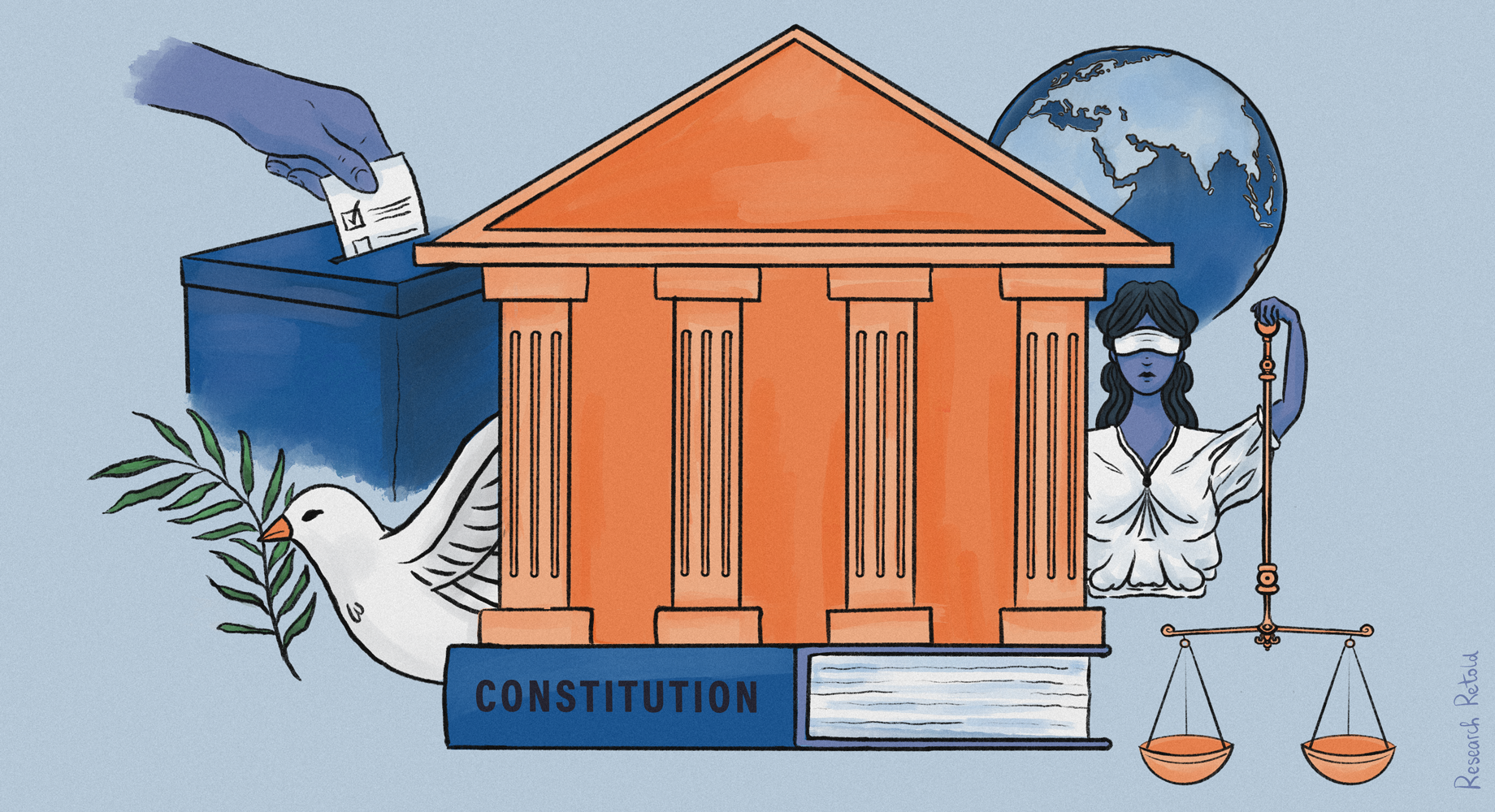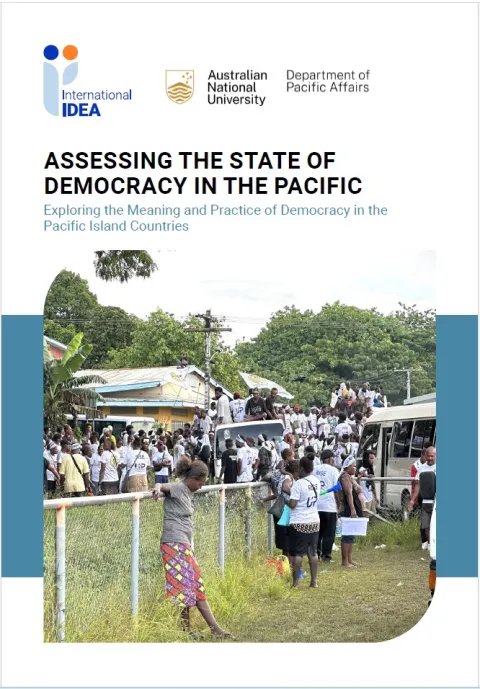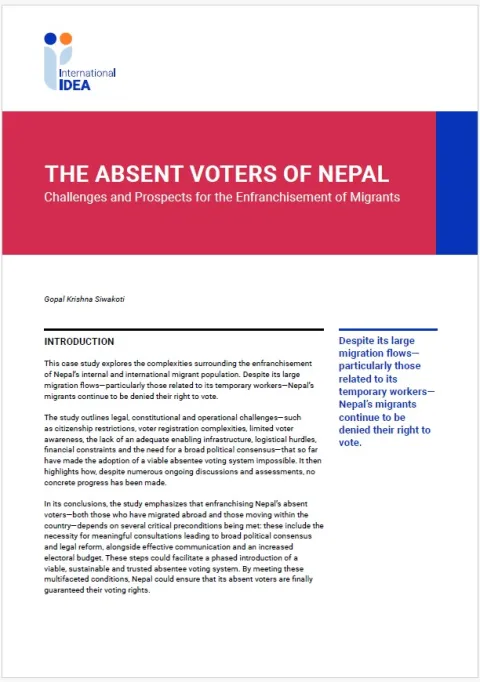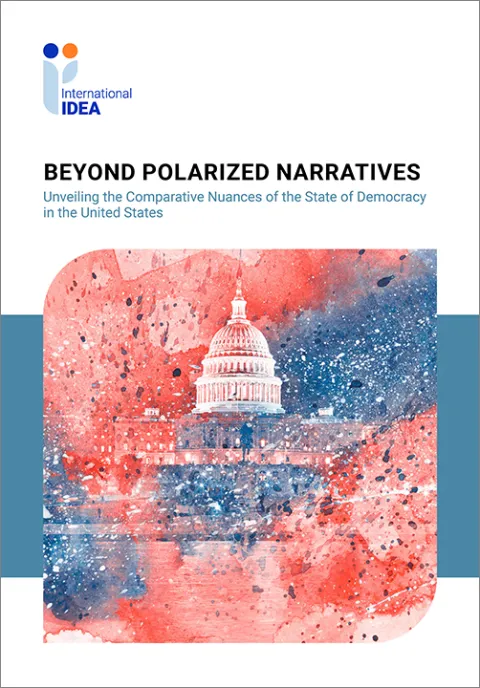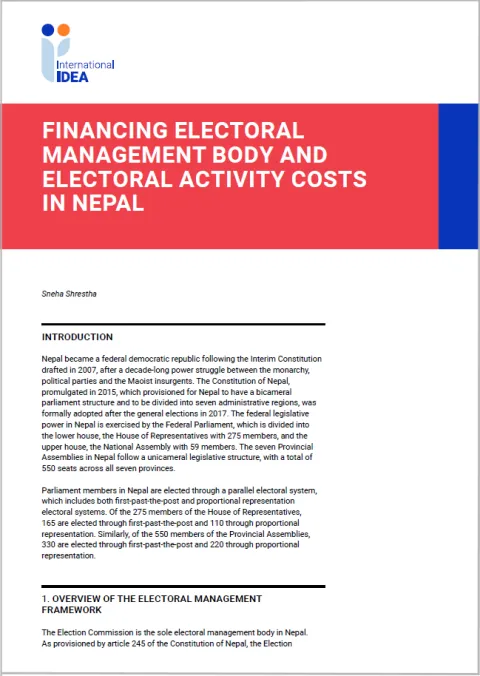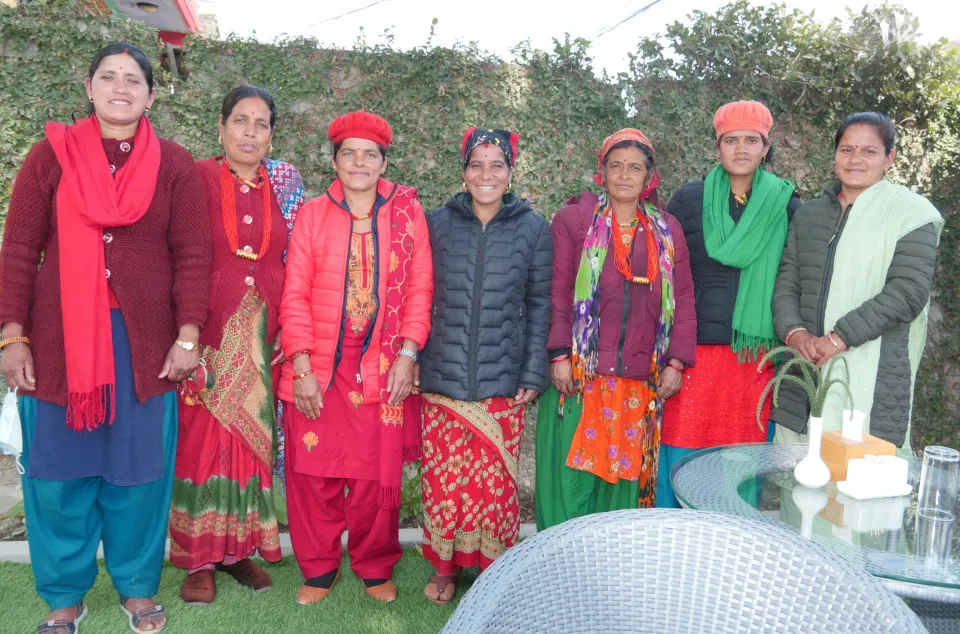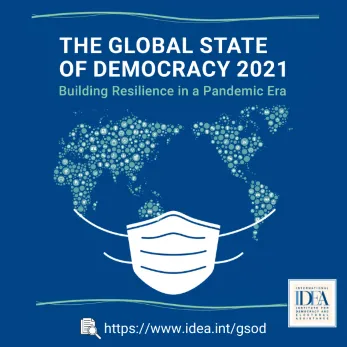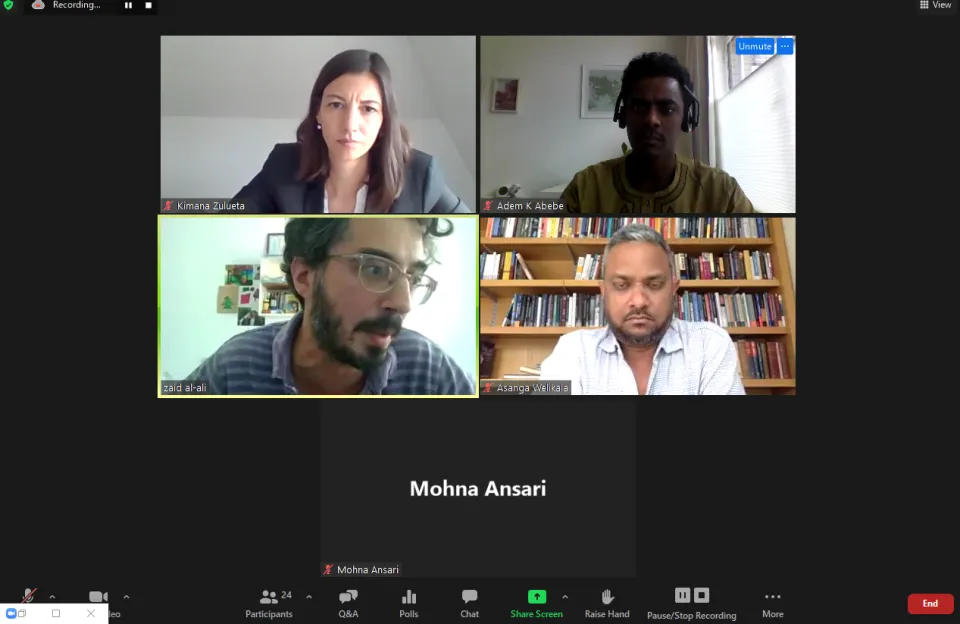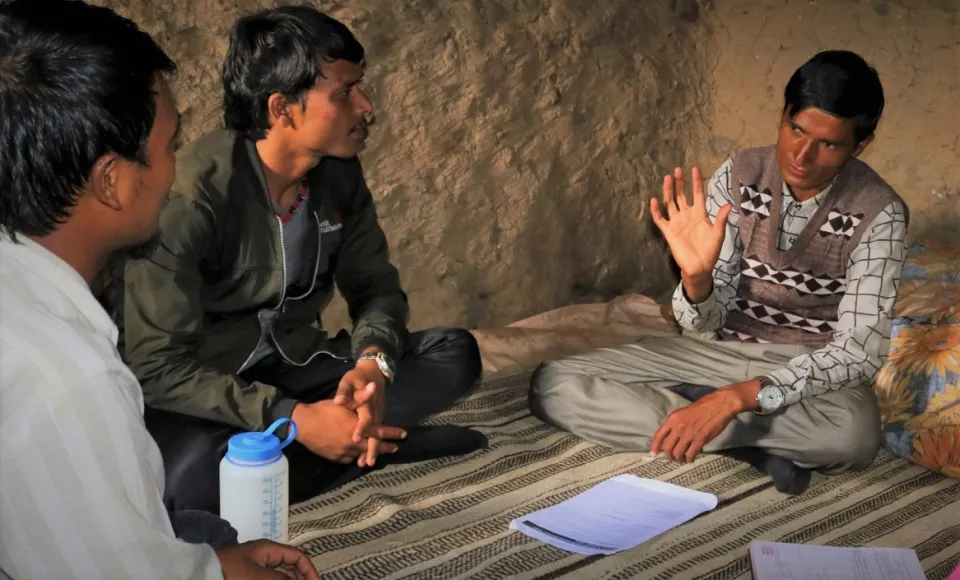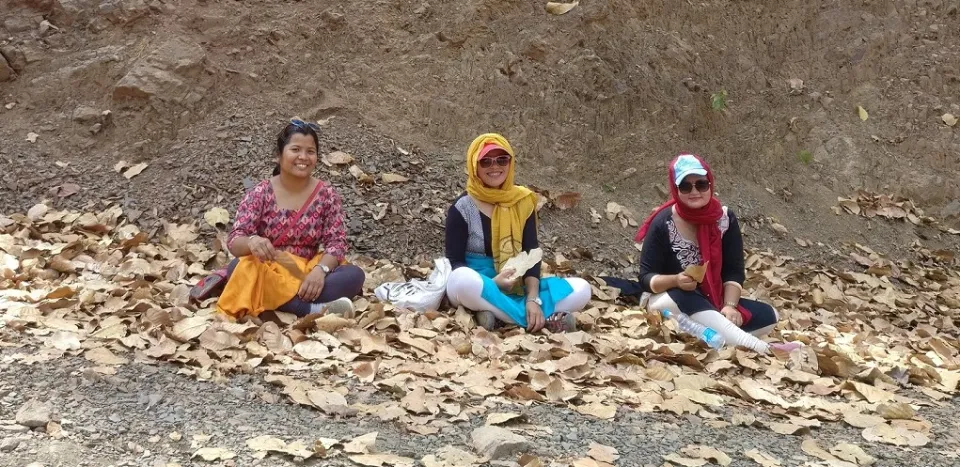Nepal in Transition: A Study on the State of Democracy
Nepal in Transition: A Study on the State of Democracy presents major findings of a survey conducted in April 2007 by the Nepal Chapter of the State of Democracy in South Asia and International IDEA.
The findings indicate a shift in the people’s perspective compared to an earlier survey conducted in 2004.
The study finds that the majority of Nepali voters doesn’t understand the meaning of Constituent Assembly but have a sense of what it means – 59 per cent of the respondents to the survey said ‘I don’t know’ when asked what a Constituent Assembly is.
Furthermore, an overwhelming number of the respondents (91 per cent) agreed that special provisions need to be made for the excluded groups, such as women and people belonging to Janjati, Madhesh and Dalit, in the new constitution.
In addition, assertion of ethnic and regional identity is rising but not at the expense of national unity. In relation to this, 52 per cent of the respondents want an end to the monopoly of the Nepali language.
Details
Contents
Foreword
Preface
Acknowledgements
1. Introduction
2. Methodology
3. Democracy, Jana Andolan II and Political Participation
4. Transition and Expectation
5. Ethnicity and Inclusion
6. Conclusion
Give us feedback
Do you have a question or feedback about this publication? Leave us your feedback, and we’ll get back to you
Send feedbackNepal in Transition: A Study on the State of Democracy
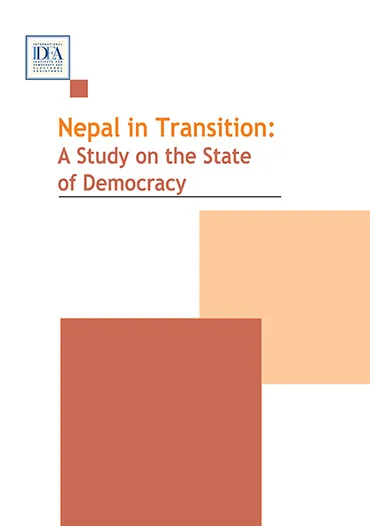
| Total views | 6238 |
|---|---|
| Downloads | 105 |
| Rating |
Give us feedback
Do you have a question or feedback about this publication? Leave us your feedback, and we’ll get back to you
Send feedback